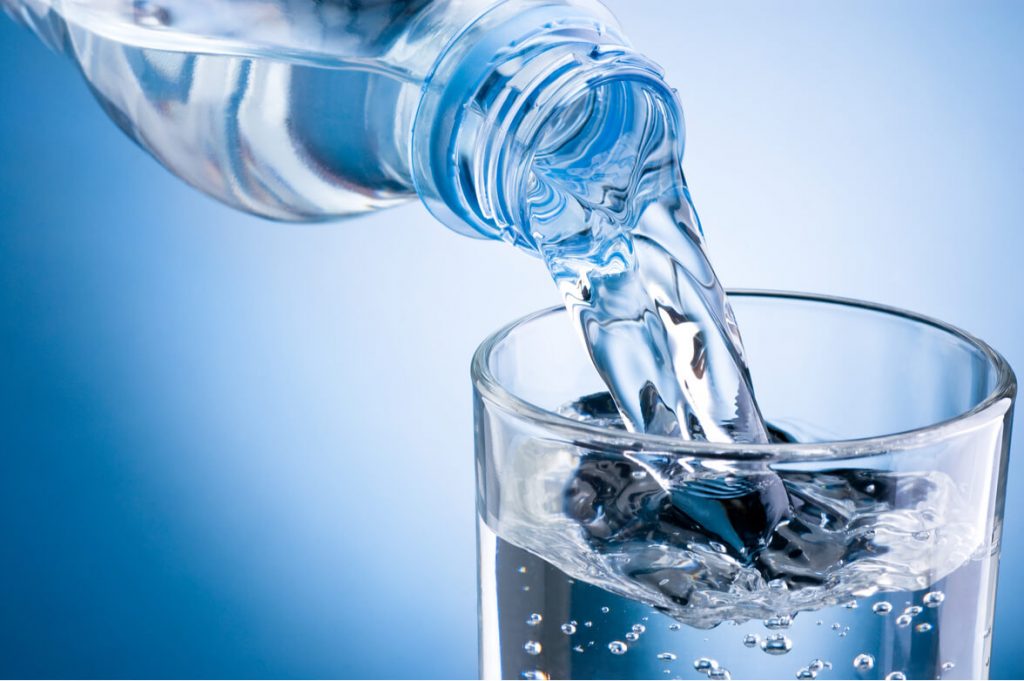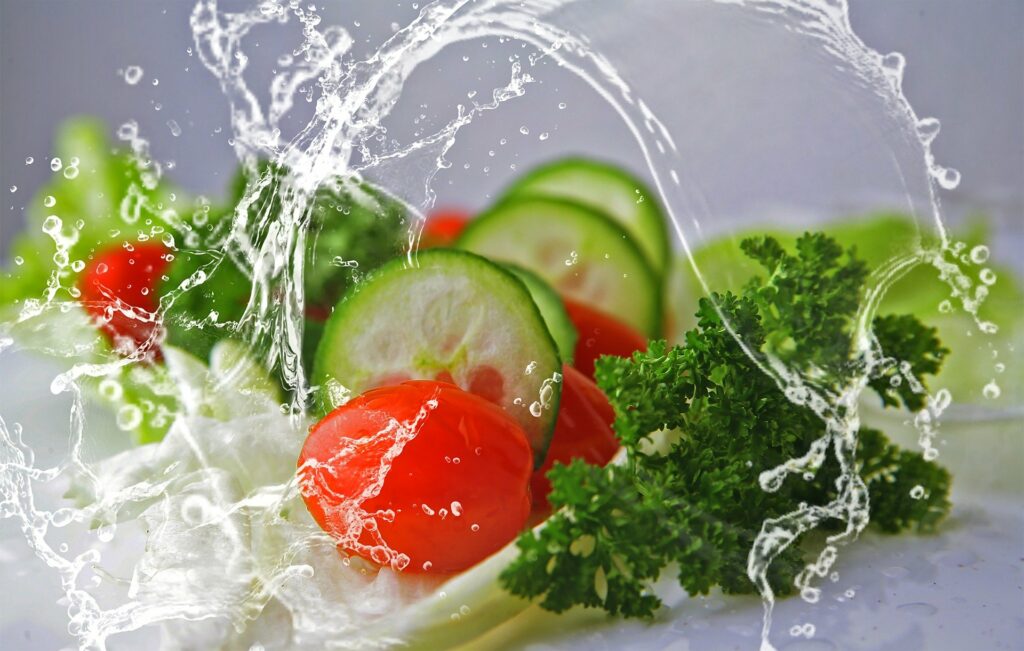Below you will find all the benefits of water in your DETOX cure.
HOW DOES WATER CONTRIBUTE TO THE DETOXIFICATION OF THE BODY?
Toxins in the body are produced by the consumption of rich foods and exciting or addictive products. These have to be expelled from the body in order not to damage your health. It is therefore recommended to drink the only vital drink for human beings to ensure that the body functions well and also to facilitate the evacuation of these toxins. This means drinking water.
HOW DO YOU KNOW WHEN TOXINS ARE ACCUMULATED?
The production of toxins in the body is induced by the consumption of alcohol, tobacco, the repetition of copious or too fatty meals and also the absorption of pollutants... The accumulation of toxins constitutes waste that needs to be evacuated. If this is not the case, it may cause temporary fatigue, loss of energy, digestive difficulties, insomnia or temporary headaches. All these symptoms are alarming.
WATER, THE ESSENTIAL ELEMENT FOR THE BODY TO FUNCTION WELL
The human body has excretory organs that naturally expel toxins from the body: the skin, which expels lactic acid during perspiration; the kidneys, the liver, the lungs, which release carbon dioxide... and water, which is essential to the proper functioning of the entire body, regulating the temperature and bringing to the cells the dissolved substances necessary for its needs. It also participates in the evacuation of toxins by feeding the cells of the appropriate organs for this task and by contributing to digestion.
SOME DETOX TIPS AND TRICKS
Everyone has a different way of feeling thirsty. There are easy and very simple tips to help you remember to drink water: carry a bottle of water with you during the day, at night (put a bottle of water on the bedside table), at the office, set aside a little time for a water break such as a coffee break, and of course it is possible to vary by drinking water or herbal teas for pleasure.
To increase the detox effect, you can personalise the water you drink by adopting small habits. For example, add slices of fruit (citrus fruit, pineapple, lemon, kiwi, apple) to add more vitamins and minerals, in addition to those already contained in the water.
WHAT IS THE IDEAL WATER TO DRINK TO OPTIMISE THE ELIMINATION OF TOXINS? HOW MUCH TO DRINK AND WHEN?
Water is essential to the human body. It is composed of 70% liquid.
You should know that a lack of hydration causes constipation. It causes the stool to dry out and gradually move through the colon because it cannot stimulate movement in the intestine due to lack of volume. The intestinal flora is also disturbed if the body is dehydrated and this is another cause of constipation.
Lack of bile is also a common cause of constipation due to lack of hydration.
So what water should you drink to avoid this?
There are 3 solutions: either tap water, mineral water (rich in minerals) or spring water (low mineral content).
Tap water
It is certainly drinkable, but to eliminate germs, it contains an excessive dose of chlorine. It also contains nitrates, pesticides, etc.
It should also be taken into account that old pipes tend to release particles of heavy metals that are toxic, such as lead, cadmium or mercury.
It is still possible to install certain tap water filtration systems to obtain clean, quality water, such as reverse osmosis. Tap water is not ideal to drink without these filtration systems.
Mineral water
Since unfiltered tap water is not perfect, it is possible to opt for mineral water, which is rich in minerals, and to benefit from them as well.
However, it is difficult for the body to use bottled minerals, as they are no longer as bioavailable as those in water from the source.
It should be noted that water drawn directly from the source, put in a glass, should be consumed immediately as it is effectively loaded with ionised minerals, making them easy to use by the body's cells. Unfortunately, once the water is put in contact with the air, treated and bottled, it loses its mineralizing power. As a result, these minerals become unusable by the body and overload the kidneys, which are responsible for eliminating them.
Spring water
Spring water is the last option. It has a low mineral content. However, the used minerals lodged in the tissues are directly brought back to the blood which will then transport them to the emunctory organs.
Spring water is therefore ideal for a good organic cleansing. The consumption of fruit and vegetables and other mineral-rich foods reinforces mineralisation.
However, a word of caution about the name "spring water" found on some bottle labels as it does not always reflect a low mineral content. It is better to rely on the composition or choose reliable brands.
A slightly acidic water is useful for its role as a catalyst for almost
all biochemical reactions. It is also necessary for a good assimilation
of vitamins, mineral salts (calcium), food proteins...
A little advice
from the point of view of the brands that combine these 2 criteria
(minerality + adapted pH):
- Mont Roucous
- Mont Calm
- Rosée de la reine
- Volvic
- Volcania
- Carrefour mountain water
How much should I drink?
The organs of elimination evacuate a large quantity of water every day, and with it, a large amount of waste, including :
- the kidneys evacuate 1.5 litres of urine every day
- the skin (at rest) produces 0.5 litres of sweat
- the lungs (at rest) produce 0.3 litres through breathing
- and the intestines 0.2 litres in the stool
After adding up all these eliminations, that makes 2.5 litres of water evacuated per 24 hours (without sport, sauna, heat, or specific pathology...)
Therefore, for hydration, you need to drink 2.5 litres of water per day to compensate for the losses (more during sports or other activities), including :
1 litre from eating fruit and vegetables
+ 1.5 litres from drinking
water (preferably still water and herbal teas as the caffeine in tea and
coffee has a dehydrating effect)
When to drink?
It is not advisable to drink during a meal as this dilutes the digestive enzymes and will disrupt digestion.
It is therefore preferable to drink 45 minutes before meals and resume 2h30 to 3h later.


